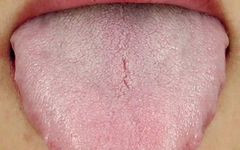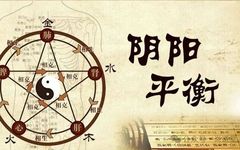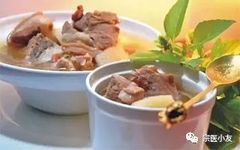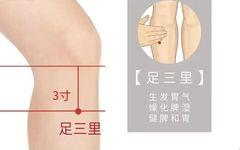What Are the Symptoms of Qi Deficiency?
Qi deficiency (气虚) is a term in Traditional Chinese Medicine (TCM) that refers to pathological changes and symptoms arising from insufficient vital energy (元气). The causes of Qi deficiency in individuals are often related to congenital insufficiency, malnutrition, and excessive fatigue. What are the symptoms of Qi deficiency? 1. Pale complexion Individuals with Qi deficiency … Read more










